
An estimated US$2.3billion is lost to illegal mining and gold smuggling annually, while more than 2.5 million hectares of forest cover has been lost over the last decade due to galamsey (illegal mining), according to the Forestry Commission.
This is equivalent to losing approximately 12 percent of the country’s total forested area.
Additionally, the ecological destruction has displaced thousands of farmers; leading to a 20 percent decline in cocoa production in regions like Ahafo and Bono per data from the Ghana Cocoa Board (COCOBOD), which contributes 15 percent of Ghana’s GDP.
It is estimated that in 2022 16 tonnes of gold was smuggled from Ghana – more than any other country except Mali.
Worryingly, it is perceived that these illicit inflows from gold smuggling could be funding criminal groups and terrorism in Ghana and the sub-region.
Illegal mining activity is largely driven by the influx of unregulated foreign capital, with investors collaborating with locals – particularly politically-connected individuals and ‘big men’. This has made the fight against illegal mining increasingly difficult and almost a lost cause.
It is for the aforementioned reason that the Civil Society Organisations Alliance and UKGGP are engaging political parties on how to curb the canker. The UK-Ghana Gold Programme (UKGGP) aims to highlight the connection between artisanal small-scale gold mining and crime.
They argue that addressing these losses could significantly enhance the cedi’s stability.
“We want to disrupt illegal mining and illicit financial inflows. Ghana loses more than US$2billion yearly to gold smuggling,” says Chris Aston, Team Lead at UKGGP.
These operations frequently use arsenic, cyanide and mercury – a potent neurotoxin that results in severe and long-lasting soil, air and water pollution. 60 percent of Ghana’s water-bodies are now contaminated.
Professor Kwesi Aning, a senior conflict and security specialist at the Kofi Anan Peacekeeping Training Centre in Accra, notes that mercury-poisoning impacts public health through being released into the atmosphere – and it has now entered the food chain.
In fact, much of this massive deforestation has taken place within the last ten years – and the pace of destruction is quickening.
The post Editorial: Consequence of illegal mining appeared first on The Business & Financial Times.
Read Full Story
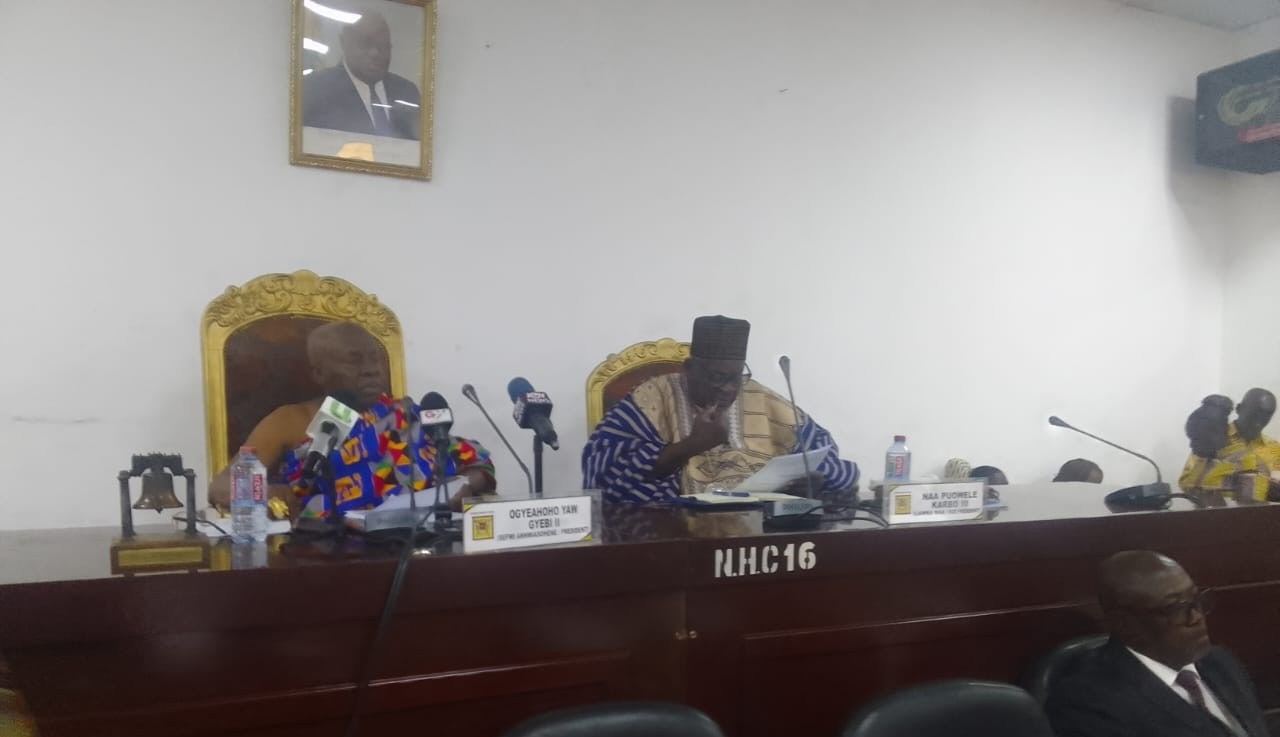


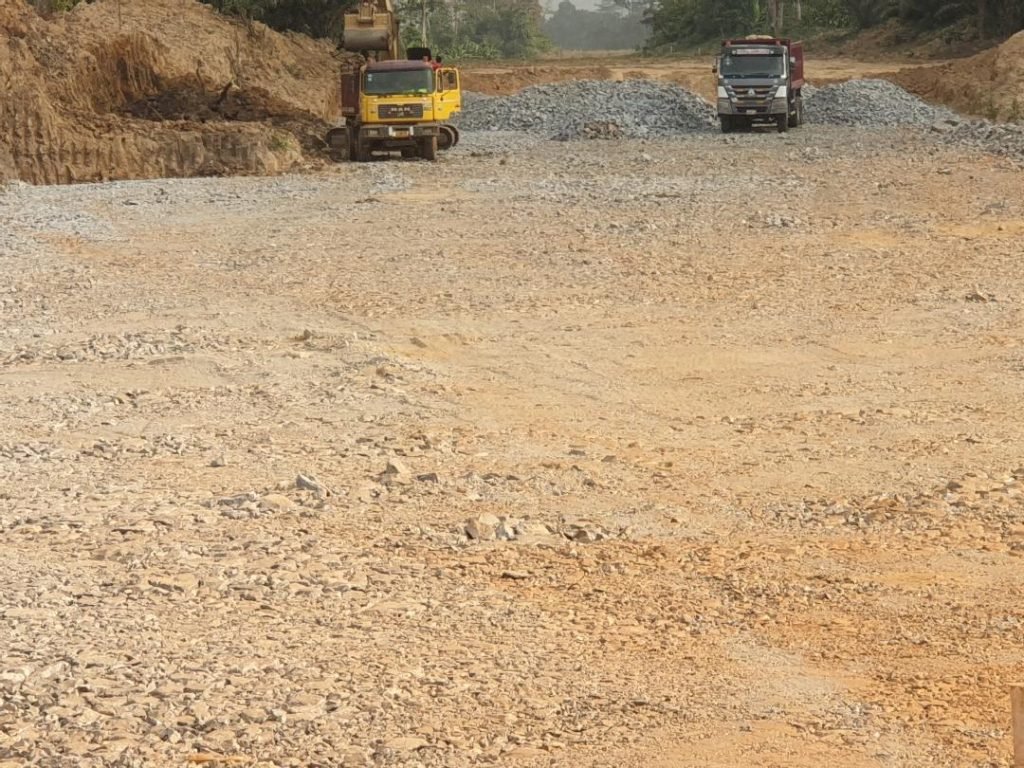
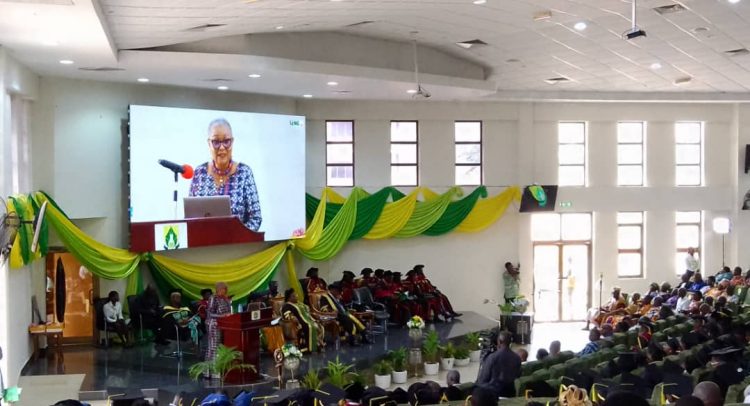






![[Video] Heartbroken husband of nurse who burnt to death inconsolable at funeral](https://sportal365images.com/process/smp-images-production/pulse.com.gh/16022025/16d8d3d4-b4c7-49b0-8b05-9608091145c1.jpg)

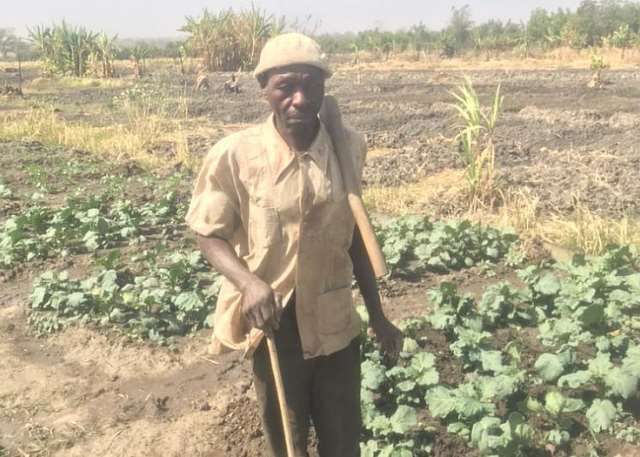


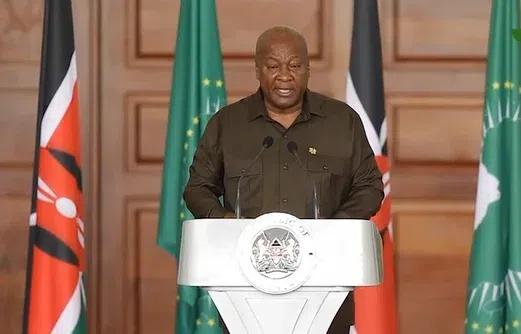

Facebook
Twitter
Pinterest
Instagram
Google+
YouTube
LinkedIn
RSS